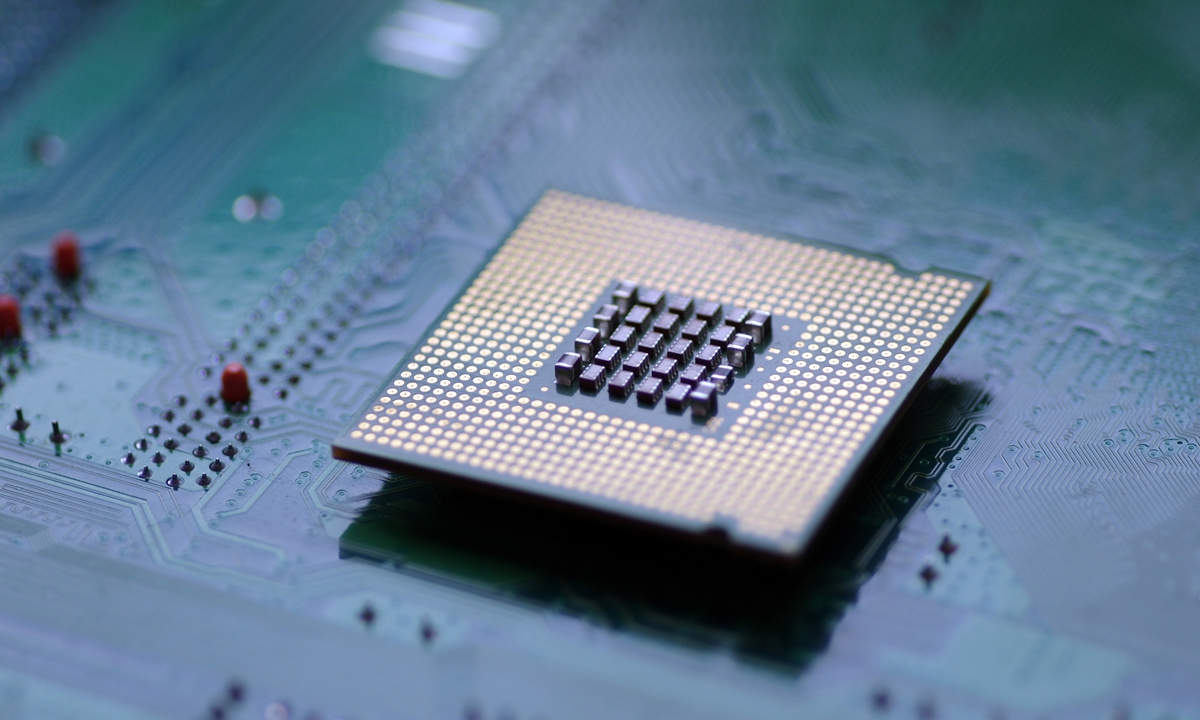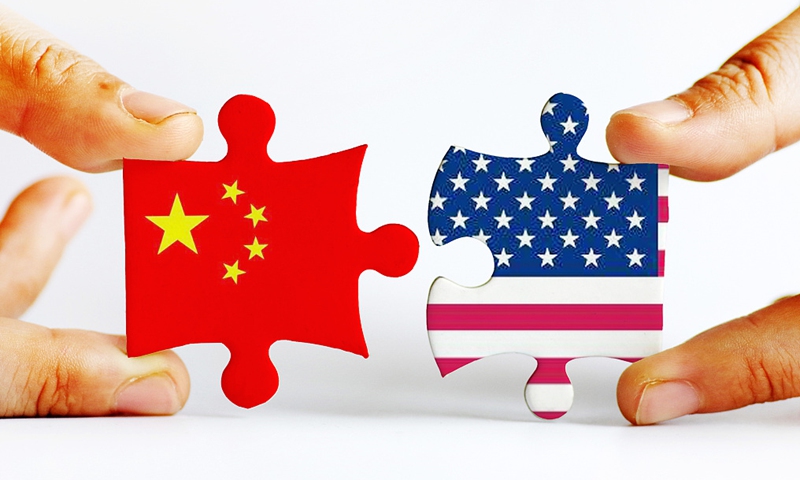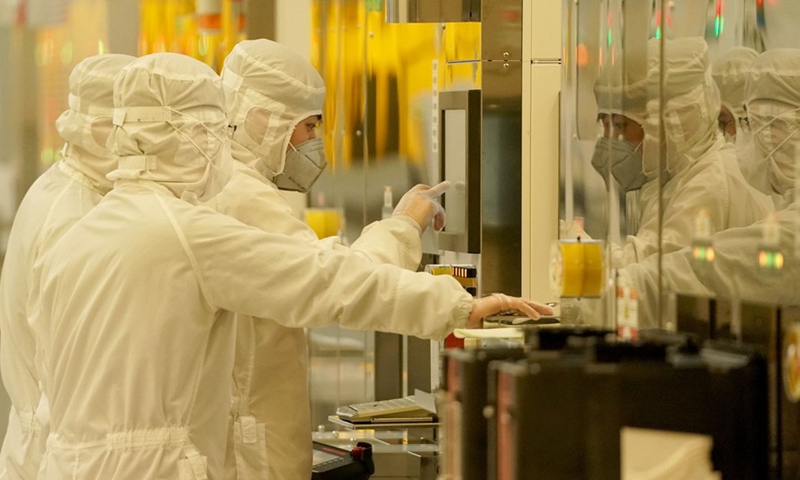Chinese leaders call for strenuous efforts to develop homegrown technologies
By GT staff reporters Source: Global Times Published: 2020/9/19 21:55:48

Photo:VCG
China's top leadership made a fresh call to push for homegrown innovation, signaling the nation's resolve to make breakthroughs in key core technologies amid an escalating technology rivalry between China and the US.
It has been obvious that Chinese society, from the top leaders to the grassroots, have reached a consensus to fight against the US' "technology hegemony", as the US is moving to strangle Chinese tech giants, notably Huawei, through its administrative weapons, experts said.
"Key and core technologies must be firmly held in our hands," Chinese President Xi Jinping made the remarks while visiting Sunward, an advanced machinery manufacturer, in the capital city of Changsha, on Thursday afternoon.
After learning that the company had independently developed more than 200 kinds of products with core competitiveness, and owns their intellectual property rights, Xi said he was deeply impressed by the innovation spirit of the employees.
He stressed the importance of innovation as the country has entered a crucial and challenging stage of development.
Official data showed that Sunward Intelligent Equipment is a modern international listed company engaged in construction machinery. The company has a total asset of 14.7 billion yuan ($2.57 billion), and has been listed in the Top 50 construction machinery enterprises and Top 20 excavator companies in the world now.
Xi has been in different meetings calling for robust efforts to improve homegrown innovation capabilities and to make breakthroughs in key and core technologies as soon as possible as "You can never acquire core technology by buying it."
The leaders' remarks came amid the background of the escalating tech war between China and the US, and Chinese technology companies are entangled in the ever increasingly nasty crackdown waged by the US government.

China US Photo: VCG
In recent years, the US government has continuously cut ties between the two countries in trade, investment, financial markets, key industries, technology, and education for the reason of being a threat to US national security, making China deeply feel the pain in key technologies and key products.
Huawei, China's leading technology company, has been targeted by the US government as the US issued a new rule to cut it off from US supplies from September 15.
Social platform TikTok and tech giant Tencent are also among the targeted list, as the US Commerce Department on Friday announced a ban on the use of WeChat and TikTok from September 20.

Timeline: US ramps up tech decoupling from China Infographic: GT
Our external environment has changed, which drives China to push forward with efforts on technological research, Shen Yi, director at the Research Center for Cyberspace Governance of Fudan University told the Global Times on Saturday.
With no core technologies at one's own hands means that the housing is built up on others' land, and could be destroyed at any time. Also, buying technologies can not meet one's demand as most core tech would not be sold, he said.
While visiting some chipmakers and other high-tech firms in Wuhan, the capital city of Hubei from Monday to Tuesday, Vice Premier Han Zheng also urged for efforts to push commercialization of new technologies, and called for enhanced policy support for technological advancement.
Similar remarks were also made by Vice Premier Liu He when he visited China Academy of Engineering Physics and a tech community in Mianyang, Southwest China's Sichuan Province on Saturday.
"We will make the US technological containment list our mission for scientific and technological development," Bai Chunli, president of the Chinese Academy of Sciences (CAS), said at a press conference in Beijing on Wednesday.
He said they will focus on areas that the country is concerned with using concentrated resources, and must map out core technologies and key materials, and take the initiative in areas such as tires for planes and mask aligners for making chipsets.

Technicians work in a workshop of Wuhan Xinxin Semiconductor Manufacturing Co., Ltd (XMC) in Wuhan Donghu New Technological Development Zone in Wuhan, capital of central China's Hubei Province, Feb. 14, 2020.Photo:Xinhua
CAS, a top science institution, is regarded as a frontrunner in collecting the nation's scientific resources to counter against the US.
In the past six years, CAS has achieved a total sales income of 2.4 trillion yuan via technology transformation, and cultivated several listed companies such as Cambricon, one of China's most valuable artificial intelligence chipmakers. Last year, it started projects, including computer chips and software, electromagnetic technology, high-end bearing steel and multilingual audio research.
The country is also stepping up efforts to boost the tech sector and accelerate an ongoing transformation process in the economy, including the launch of a NASDAQ-style board with registration-based listing rules that offer a fast-track for tech start-ups.
However, experts warned that China should also input more into basic infrastructure for which will take a long time to see the results.
"The key breakthrough for China to catch up is to increase the input on research and development (R&D) on technologies, as our input still lags behind developed countries, such as the US," Zhou Shijian, a senior research fellow at the Center for US-China Relations at Tsinghua University, told the Global Times on Friday.
He said although the R&D expenditure as a percentage of GDP in China stood at 2.23 percent in 2019, compared with 2.18 percent in 2018, it still lagged behind the 2.78 percent for the US in 2018.
Posted in: SOCIETY,INDUSTRIES